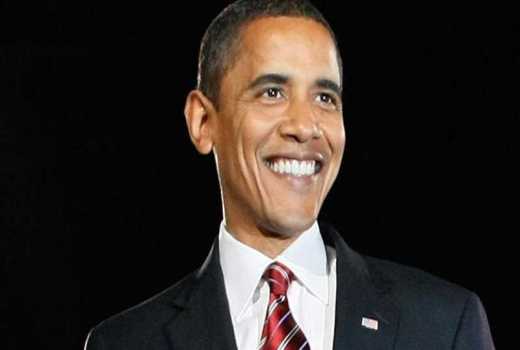×
The Standard e-Paper
Kenya’s Boldest Voice

Tune into the world news any hour and most certainly it will include the latest apology from political, religious and corporate leaders concerning mistakes of the past or present.
In the last twelve months we have been treated to Volkswagen’s apology over diesel emissions, Apple’s confession over its slower performing batteries and Mark Zuckerberg endless contrition over leaking of Facebook private information.